Related news
[ IUR cooperation] Particle Cloud silk free 3D printing technology helps biomedical users to carry out research on bionic artificial bone scaffold
2022-04-02 17:33
The team from the Department of Orthopaedics,Xijing Hospital,the Fourth Military Medical University of Xi'an,used the 3D printer of Xi'an Particle Cloud Biotechnology Co.,Ltd.and applied the silk free 3D printing technology to construct a collagen/hydroxyapatite based artificial bone scaffold at room temperature,to explore the biological effect of the scaffold on bone marrow stromal stem cells(BMSCs)in vitro,and published the paper"Research on the construction of biomimetic artificial bone scaffold at room temperature by silk free 3D printing technology"in the Chinese Journal of traumatic orthopaedics,which was supported by the National Natural Science Foundation of China(81371982).
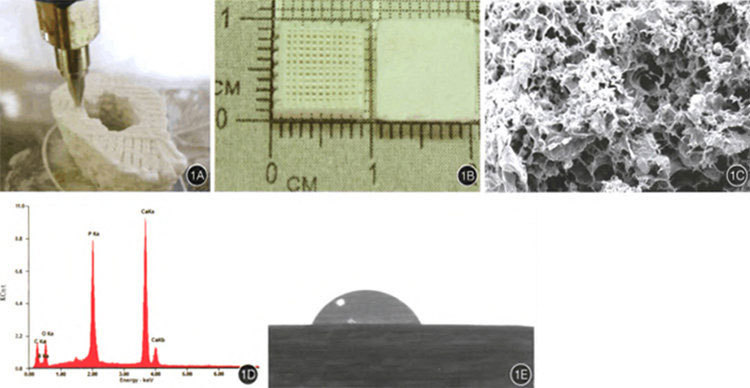
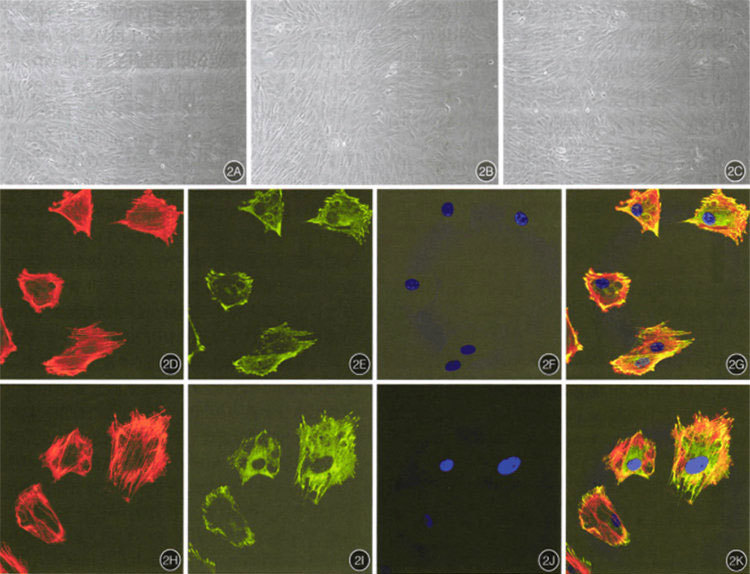
The Particle Cloud bioceramic 3D printer adopts the silk free printing technology,which does not need to prefabricate the printing thread.It can directly print and shape the ceramic materials point by point,line by line and layer by layer at room temperature.It supports the free proportioning of composite printing slurry,accurately controls the three-dimensional molding of biomaterials and living cells,and further improves the controllability of the aperture and porosity of the artificial bone scaffold.In the experiment,type I collagen with a mass ratio of 1:2 and hydroxyapatite were mixed as printing ink,loaded on a 3D printer(Particle Cloud)to print the artificial bone scaffold,and other non raw materials were not introduced in the printing process,so the scaffold could be directly printed in a real sense.The printed artificial bone scaffolds have uniform pore size and interconnected pores.The cross section of the material is irregular honeycomb structure,and the porosity is significantly improved.
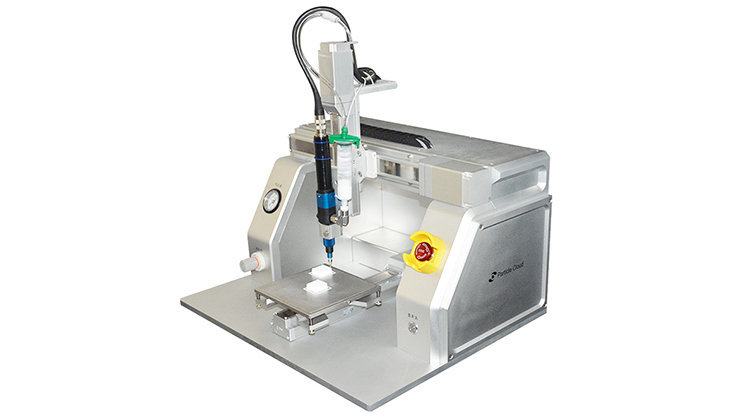
Particle Cloud bioceramic 3D printer
Through experiments,it is found that the printing process basically retains the physical and chemical structure of the material itself,does not produce cytotoxicity,and does not change the bone promoting effect of the material itself on cells.The cells adhered well to the printing scaffold and proliferated and migrated along the connecting channel of the scaffold.The osteogenesis test showed that the scaffold had a significant osteogenic effect.The final conclusion of the experiment is that the normal temperature silk free 3D printing collagen/hydroxyapatite scaffold can provide a good environment for BMSCs to adhere in vitro,and promote their proliferation and osteogenic differentiation.However,the deficiency of the experiment lies in the low mechanical strength caused by the material properties of collagen/hydroxyapatite,which makes the mechanical properties of the constructed printing scaffolds not very high,and can only be applied to low load defects.
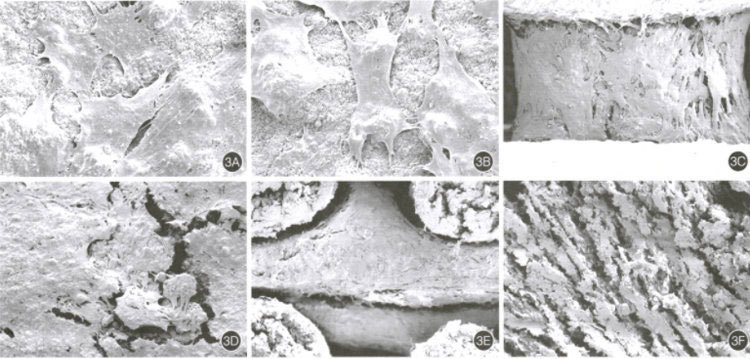
In view of the above situation,the 3D printing bioceramic scaffold independently constructed by Particle Cloud takes calcium phosphorus bioceramics(such as HAP)as the main raw material.After a series of in vitro and in vivo experiments,it has a series of advantages,such as bionic pore structure,good mechanical strength,good biocompatibility,biodegradable,promoting the formation of new bone,and can be widely used in the field of bone tissue repair.
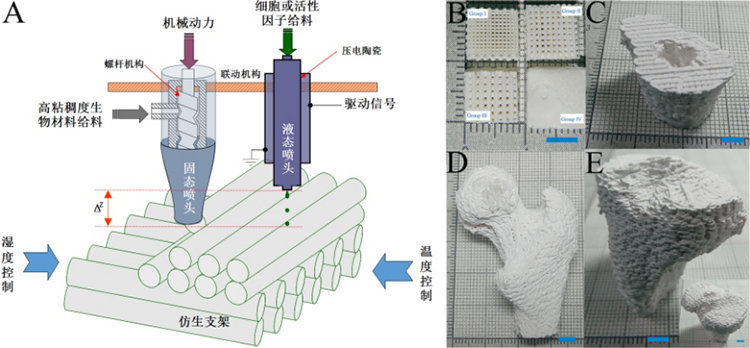
Particle Cloud 3D printed bioceramic scaffold
Particle Cloud is committed to the research and development of the core technology of 3D printing renewable artificial bone. In the future, it will continue to cooperate sincerely with users in various fields, give full play to its own technology and equipment advantages, help users carry out cutting-edge research on 3D printing technology, support users' continuous exploration in the field of biological tissue engineering, and publish more valuable papers.
online
sales
Sales hotline
technology
3D printing technology consulting
Focus on
Official account

Follow the official account for more inspiration

